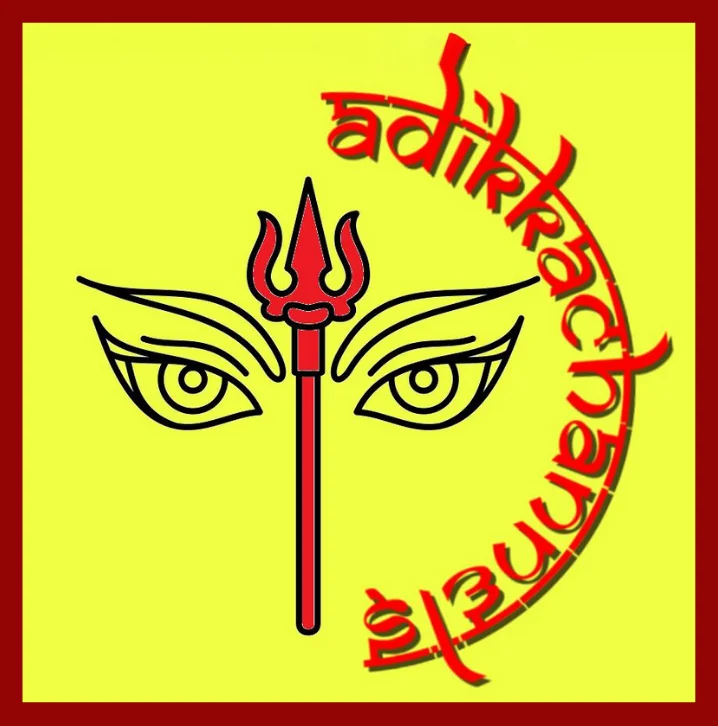Concept of Dharma & Karma:
Dharma and Karma are two fundamental concepts in Hinduism and other Indian spiritual traditions. They form the basis of our moral and ethical principles and govern our actions and behavior. In this article, we will explore the meaning and significance of Dharma and Karma and how they impact our lives.
What is Dharma?
Dharma is a Sanskrit word that translates to ‘duty,’ ‘righteousness,’ or ‘law.’ It refers to the moral and ethical principles that guide our behavior and actions. In Hinduism, Dharma is seen as an all-encompassing principle that governs our entire existence, from our social obligations to our spiritual practices.
The concept of Dharma is closely tied to the idea of order and harmony in the universe. It is believed that when we follow our Dharma, we contribute to this cosmic balance and help maintain the order of the universe. Conversely, when we violate our Dharma, we disrupt this balance and create chaos and disharmony.
Dharma is not a fixed set of rules but rather a flexible and adaptable principle that evolves with time and circumstance. It varies depending on our caste, stage of life, and personal characteristics. For example, the Dharma of a student is to study and learn, while the Dharma of a parent is to raise and care for their children.
Key Aspects of Dharma:
- Universal Order: Dharma is considered to be the universal order or law that upholds and sustains life on Earth. It ensures that everything in the cosmos operates harmoniously.
- Duty and Responsibility: Dharma emphasizes the importance of fulfilling one’s duties and responsibilities. This includes familial, social, and occupational duties.
- Righteousness: Righteousness and moral integrity are at the core of Dharma. It encourages individuals to act ethically and with integrity.
- Social and Spiritual Fulfillment: Dharma leads to not only social harmony but also spiritual fulfillment. By living in accordance with one’s Dharma, a person can attain spiritual growth and liberation (moksha).
What is Karma?
Karma is another fundamental concept in Hinduism and other Indian spiritual traditions. It refers to the law of cause and effect, where our actions have consequences that determine our future experiences. The word ‘Karma’ comes from the Sanskrit root ‘kri,’ which means ‘to do’ or ‘to act.’

According to the law of Karma, every action we perform generates a corresponding reaction or consequence. These consequences can be positive or negative, depending on the nature of our actions. Good actions generate positive consequences, while bad actions generate negative consequences.
Karma is closely tied to the idea of reincarnation, where our actions in this life determine our experiences in the next life. If we accumulate good Karma through our actions, we will be reborn into a better life, while bad Karma will result in a lower birth.
Key Aspects of Karma:
- Cause and Effect: Karma asserts that every action a person takes generates a reaction. Good actions lead to positive outcomes, while bad actions result in negative consequences.
- Reincarnation: Karma is closely tied to the belief in reincarnation. It suggests that a person’s actions in this life influence their circumstances in future lives. Repeated good karma can lead to spiritual growth and eventual liberation from the cycle of birth and death.
- Moral Accountability: Karma encourages moral accountability. People are responsible for their actions and their consequences, which can influence their future lives.
- Free Will: While individuals are bound by the law of karma, they have the freedom to make choices and decisions that impact their actions and, consequently, their karma.
How are Dharma and Karma related?
Dharma and Karma are closely intertwined and complement each other. Dharma provides the guidelines for our actions, while Karma determines the consequences of those actions. When we act in accordance with our Dharma, we generate positive Karma and create a better future for ourselves.
For example, if we fulfill our Dharma as a parent by providing love and support to our children, we generate positive Karma and create a positive future for ourselves and our family. On the other hand, if we neglect our Dharma and harm our children, we generate negative Karma and create a negative future for ourselves.
Dharma and Karma are also linked to the idea of self-realization and spiritual enlightenment. When we follow our Dharma and generate positive Karma, we purify our consciousness and elevate ourselves towards spiritual realization. By contrast, when we violate our Dharma and generate negative Karma, we bind ourselves to the cycle of birth and death and prevent our spiritual progress.
Understanding:
Dharma and Karma are two fundamental concepts in Hinduism and other Indian spiritual traditions. They form the basis of our moral and ethical principles and guide our actions and behavior. By following our Dharma and generating positive Karma, we contribute to the order and harmony of the universe and create a better future for ourselves and those around us.
Discover more from AdikkaChannels
Subscribe to get the latest posts sent to your email.






































 RSS - Posts
RSS - Posts